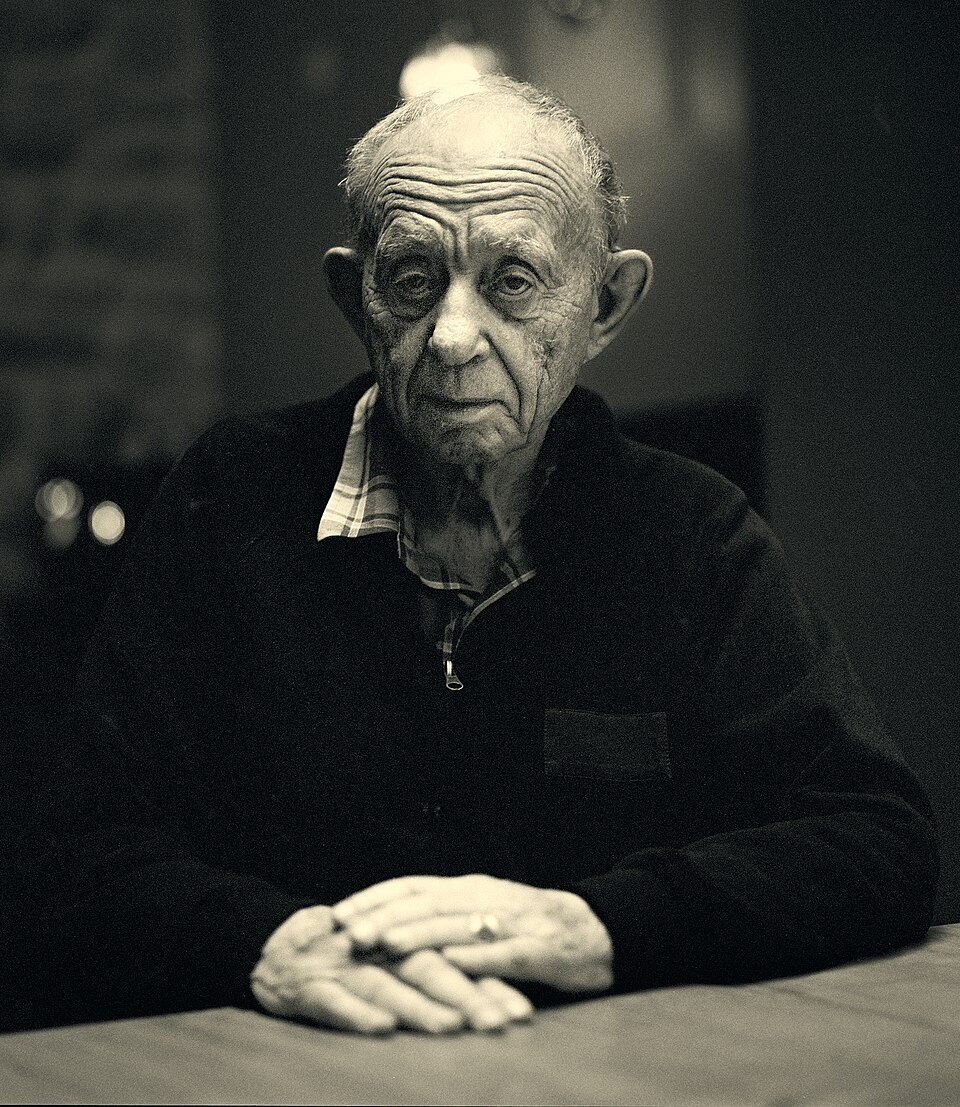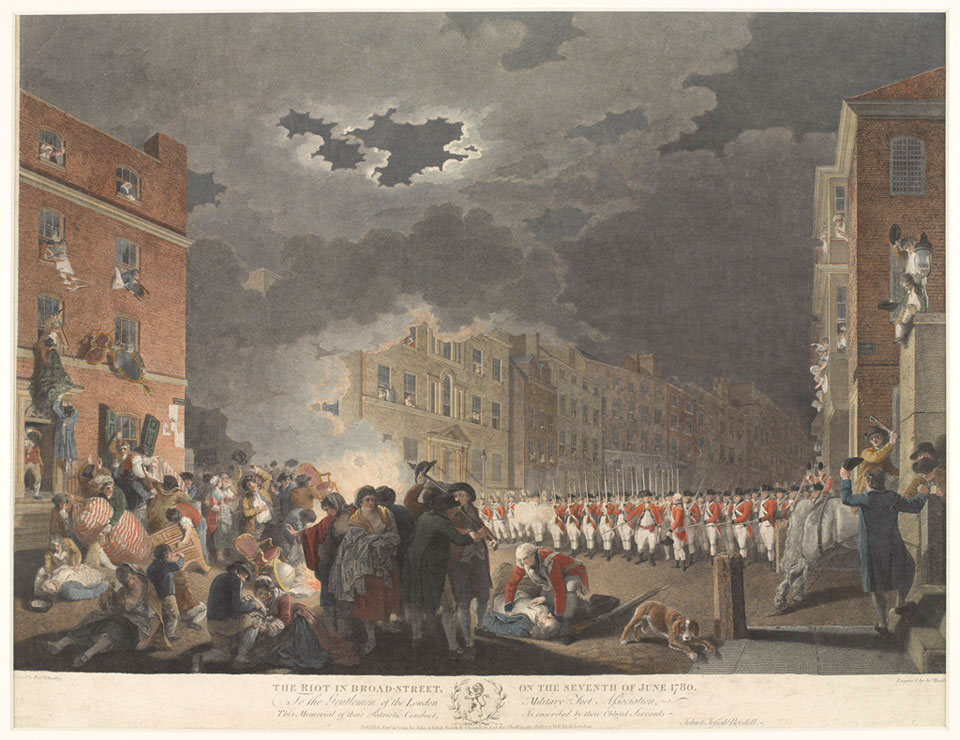The Return of Vladimir Lenin
By Nathan Mohr
January 25, 2018
 There are few individuals who had a more profound impact on the history of the 20th century than Vladimir Lenin. Born in 1870 to a wealthy middle-class family in Simbirsk Province, Lenin’s path as a revolutionary was laid early in life when his brother was executed for his part in the attempted assassination of Tsar Alexander III. Lenin studied law at Kazan University, where he embraced socialist revolutionary ideals. His noble background (his father was a government official and his grandfather a doctor) shaped his personality in fundamental ways, and one chronicler writes it influenced his “political attitudes: his dogmatic outlook and domineering manner: his intolerance of any form of criticism from his subordinates: and his tendency to look upon the masses as no more than the human material needed for his own revolutionary plans.”[i] Russian socialist writer Maxim Gorky wrote that Lenin’s wealthy middle-class roots caused him to consider himself “justified in performing with the Russian people a cruel experiment which is doomed to failure.”[ii]
There are few individuals who had a more profound impact on the history of the 20th century than Vladimir Lenin. Born in 1870 to a wealthy middle-class family in Simbirsk Province, Lenin’s path as a revolutionary was laid early in life when his brother was executed for his part in the attempted assassination of Tsar Alexander III. Lenin studied law at Kazan University, where he embraced socialist revolutionary ideals. His noble background (his father was a government official and his grandfather a doctor) shaped his personality in fundamental ways, and one chronicler writes it influenced his “political attitudes: his dogmatic outlook and domineering manner: his intolerance of any form of criticism from his subordinates: and his tendency to look upon the masses as no more than the human material needed for his own revolutionary plans.”[i] Russian socialist writer Maxim Gorky wrote that Lenin’s wealthy middle-class roots caused him to consider himself “justified in performing with the Russian people a cruel experiment which is doomed to failure.”[ii]
He was eventually expelled from Kazan University for his role in student demonstrations. He became a Marxist activist and was soon tried for sedition and exiled to Siberia. After leaving Siberia, he went abroad, moving to Western Europe while continuing to monitor the political situation in Russia and remain active, albeit from a distance, with the left-wing Bolshevik movement. Leon Trotsky, another socialist revolutionary, said of Lenin, his wife, and a friend of theirs, Grigory Zinoviev, that they were “the spiritual center of the party.” [iii] Lenin possessed several traits that enabled him to serve as a figurehead. Trotsky wrote, “An unexcelled ability to detect the mood of the masses was Lenin’s great power.”[iv] N. N. Sukhanov said that he was “an orator of enormous impact and power.”[v] These traits allowed him to both sense when the time was right for a revolution, and inspire others to follow him. By April of 1917, he sensed the hour was approaching. He believed that a worldwide socialist uprising was at hand, writing in his bookState and Revolution that “world history is undoubtedly leading … to the ‘concentration of all the forces’ of the proletarian revolution for the purpose of ‘destroying’ the state machinery.” [vi]
The German government, eager to spread social unrest in Russia in an effort to destroy the war effort on the Eastern Front, allowed Lenin and his compatriots to return home from Switzerland, and they arrived on the 3rd of April. Trotsky wrote, “Only from that moment on does the Bolshevik Party begin to speak out loud, and, what is more important, with its own voice.”[vii] Lenin arrived with much fanfare, and several thousand workers and soldiers were mobilized in order to greet him at the station. Lenin gave several speeches upon the date of his return, all of them with a similar theme. “The hour is not far distant when … the peoples will turn their arms against their own capitalist exploiters. … The worldwide Socialist revolution has already dawned.”[viii]
On April 4, he published his theses in Pravda, which would later become the official newspaper of the Communist Party in the Soviet Union. In it, he took a radical stance on what he saw as the future role of the party, which Trotsky summarized: “The task of the Bolsheviks is to overthrow the imperialist government.”[ix] It was published in his name alone, with not a single other Bolshevik leader willing to sign their name to it. Public sentiment soon turned against Lenin and the Bolsheviks, especially when it was learned the role of the German government in his return to Petrograd. Many of the sailors who had greeted him at the station published a statement of regret for their actions, and many journalists began targeting the Bolsheviks. “‘Arrest Lenin’ and then ‘Down with the Bolsheviks’ was heard at every street-crossing.”[x]
During this time, public unrest remained high. There were continued demonstrations which were only quelled by the Soviet. The Provisional Government, powerless to stop the unrest, continued with the war effort, and another offensive was planned for the summer. General Alexei Brusilov, who by this time was the head of the army, saw the danger in this move and warned against it, but the Minister of War, Alexander Kerensky, persisted. He toured the front in an effort to increase morale but was too blind to see the war weariness of the Russian troops. As the offensive approached, more and more soldiers began to desert. Figes writes, “The actual number of deserters during the offensive was very much higher than the official figure of 170,000.”[xi] The German government, meanwhile, was plying the Russian soldiers with liquor and bordellos near the front lines, and spreading propaganda similar to that of the Bolsheviks, encouraging the soldiers not to die for “the imperial interests of Britain and France.”[xii]
The Kerensky Offensive, as it was called, started on July 1. It was a miserable failure. Many of the Russians retreated en masse, turning their guns on their commanding officers rather than the enemy. It dealt a crushing blow to the Provisional Government, and spurred much sympathy towards the Bolsheviks, who remained the only major party who stood for an immediate end to the war. Many of the Bolshevik leaders, although notably not Lenin, thought that now was the time to strike.
They were wrong.
[i] Figes, Orlando. A People’s Tragedy: The Russian Revolution 1891-1924. (New York: Penguin Books, 1996). Pg. 144
[iii] Trotsky, Leon. The Russian Revolution: The Overthrow of Tzarism and the Triumph of the Soviets. Slctd and Ed by F.W. Dupree. (New York: Doubleday, 1959). Pg. 219



